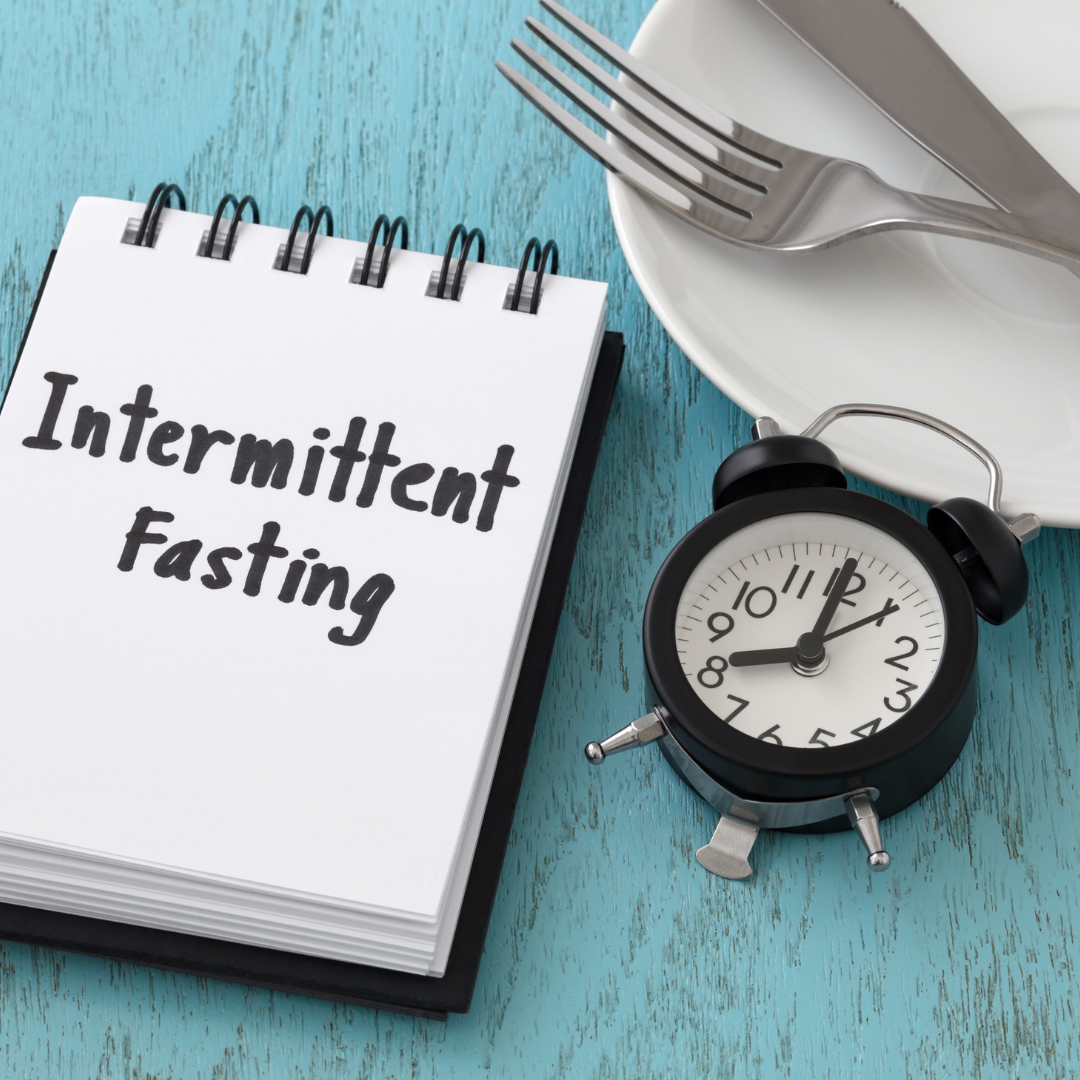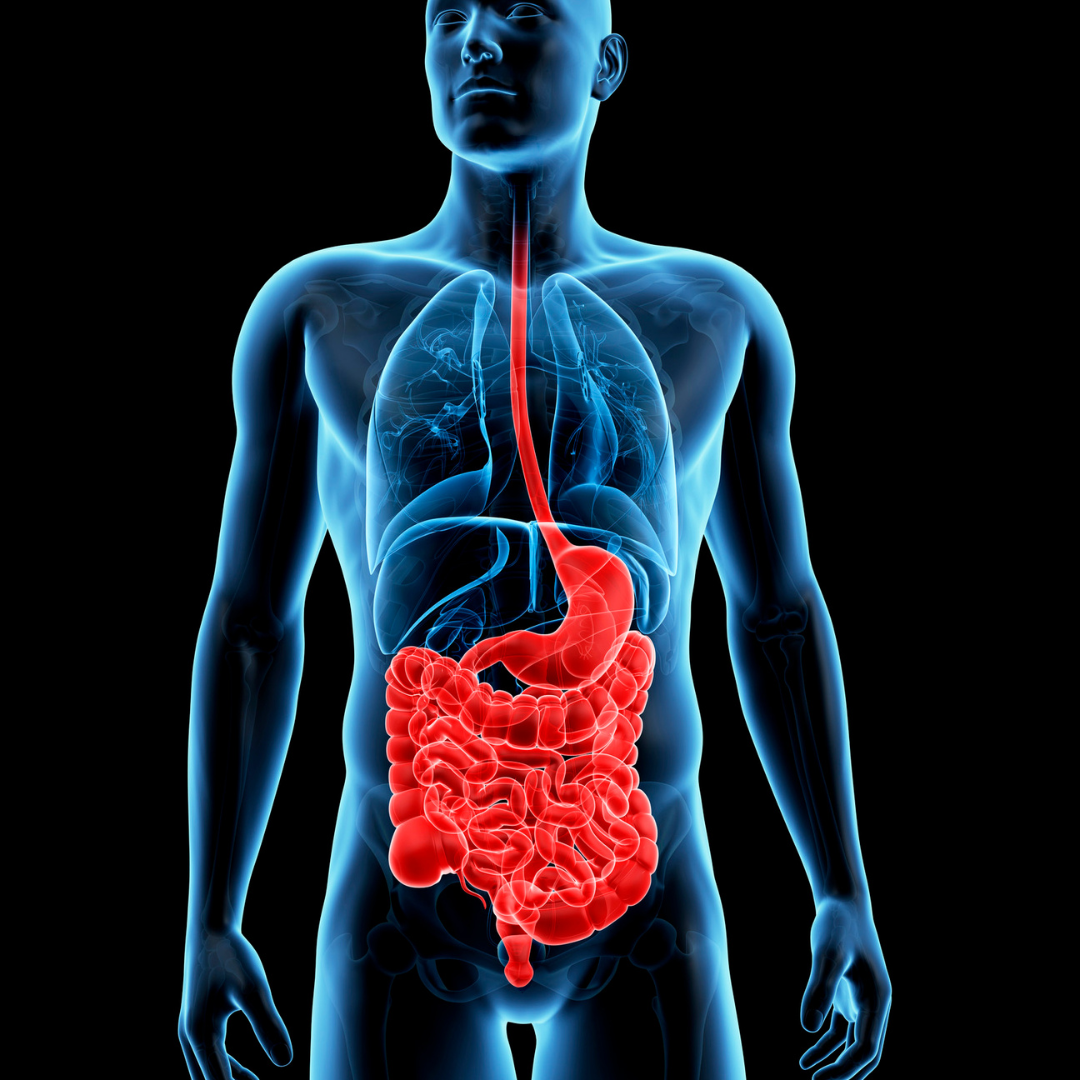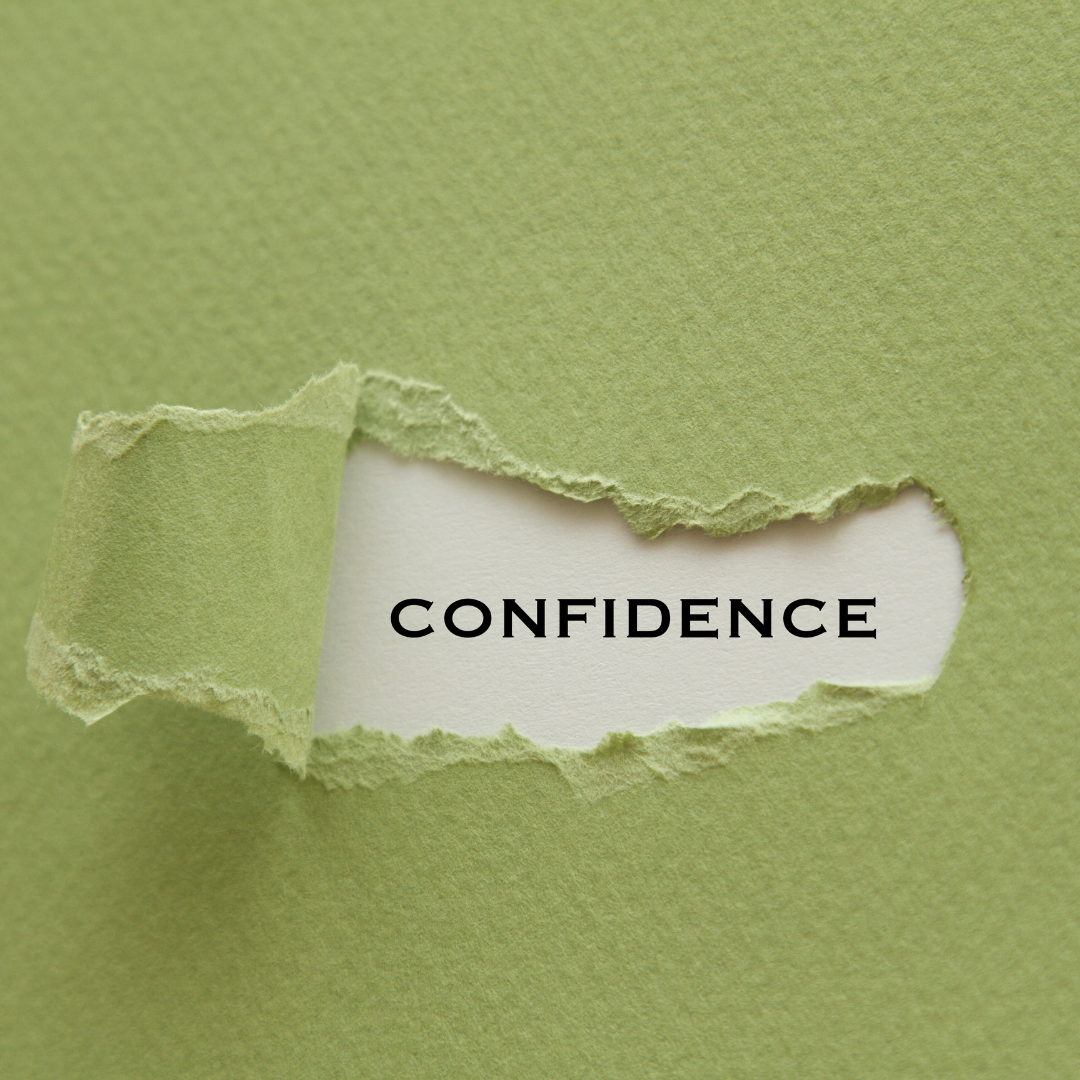3 Reasons Why You’re Always Tired
Chronic tiredness and mood swings are so common that people seem to accept this is how they are supposed to feel. It’s easy to adopt a herd mentality and think if it’s happening to your mates as well, then it must be normal. Wrooong! When you’re functioning from a healthy psychological and physiological core, you have energy in abundance, feel motivated, have a zest for life, and burst with enthusiasm. You’re also happier and more successful.
Chronic fatigue, on the other hand, prompts sluggishness and dread. And it’s slowly killing you.The reason you are alway tired could already be due to a medical condition. That may not be good news, but it may be fixable. However, the higher likelihood is because of a poor diet, lack of exercise and insufficient sleep quality. This is good news because any one or all of these habits can be changed in a jiffy. So if you do always feel tired, you may need to make a few tweaks to your daily routines. Actually, scrap that - you may need to make some massive changes.You’re not going to like this.
Brace yourself.
Drinking caffeine late in the day
If you’re a coffee hound, caffeine may the cause of your tiredness; two reasons.
Firstly, caffeine is a stimulant which increases blood pressure, heart rate, alertness and energy. All this is great for waking you up in a morning, but when the effect wears off, you’re hit with that mid-afternoon slump. To make matters worse, caffeine is a diuretic which leaves you dehydrated and causes a double whammy of fatigue. So drink plenty of water.
The second reason is that caffeine can stay in your system for longer than you might expect. In adults, it can take 3-7 hours before the effects of caffeine start to wear off.
But there may still be a sufficient quantity to prevent you from falling to sleep which means you don’t get a good night’s rest. For instance, let’s say you sink a cup of coffee at 4pm. If you haven’t drunk enough water and flushed the caffeine out of your system, there could still be around 50% of it still knocking around your system beyond 11pm. The golden rule is not to drink coffee after midday.
HD Screens are confusing your body clock
You may be in love with your widescreen HDTV that keeps you entertained every night. And your snazzy little smartphone that organises your life and helps make you more productive (apparently). What you may not realise is that for all their killer features, they are slowly deteriorating your health. It’s the hidden blue light in modern high-def screens that is the culprit. It suppresses melatonin levels and disrupts your circadian rhythm.
Why is this important?
For one, your circadian rhythm - or body clock - determines your sleep pattern. Because the blue light found in TV and smartphone screens is also found in natural sunlight, watching the box and scrolling through your handset in the evening makes your brain think its still daytime. So your biological clock keeps you awake and promotes abnormal sleeping patterns. That’s not all. A growing body of evidence has linked irregular circadian rhythms with a string of health issues including heart disease, cancer growth, depression and diabetes. The latter disposition in the list of chronic illnesses is because your body clock also controls metabolism. It is responsible for releasing the hormone leptin to make you feel full and ghrelin to make you feel hungry. A confused circadian rhythm has been linked with the development of type-2 diabetes. And type-2 is disruptive to your diet and enjoyment of life. So fix your circadian rhythm by turning out the blue light well before you want to go to sleep.
And speaking of eating…
You’re eating low-energy packaged food
Packaged food, burgers, pizza and battered fish ’n’ chips may be tasty and easy to prepare, but processed food drains your energy levels. And it is seriously damaging to your long-term health. This is not just a gut feeling. It is scientifically proven. Your stomach has billions upon billions of bacteria; some good, some bad. The good bacteria - as per Yakult - helps to absorb vital nutrients from the food you eat and is crucial for healthy energy levels. Including brain fuel.
Bad bacteria has the opposite effect. They do not absorb nutrients. And if the nutrients that are key for boosting energy levels are not adequately shipped around your body, tiredness and fatigue sets in. The types of processed foods that drain your energy and damage your health are probably everything you buy from the supermarket. Is it time you had a trolley check? Sorry to be the bearer of bad news, but if you care about your health, you may need to change habits. Granted, ditching everything that is popular in the lives of so many people is not going to be easy. But those people think it’s normal to feel tired. They couldn’t be more wrong.
And you might have a deficiency in one or more nutrients…
Nutrient deficiencies may lead you to feel exhausted daily, even if you’re getting more than 7 hours of sleep. Deficiencies in the following nutrients have been linked to fatigue:
iron
riboflavin (vitamin B2)
niacin (vitamin B3)
pantothenic acid (vitamin B5)
pyridoxine (vitamin B6)
folate (vitamin B9)
vitamin B12
vitamin D
vitamin C
magnesium
If you are experiencing fatigue, speak to your GP to check if you have any deficiencies. Typically, fatigue related to a deficiency in one or more nutrients improves once your nutrient levels normalize.




